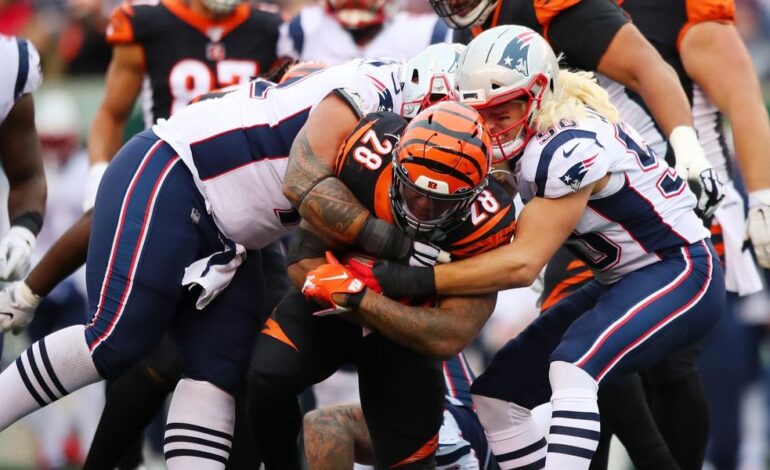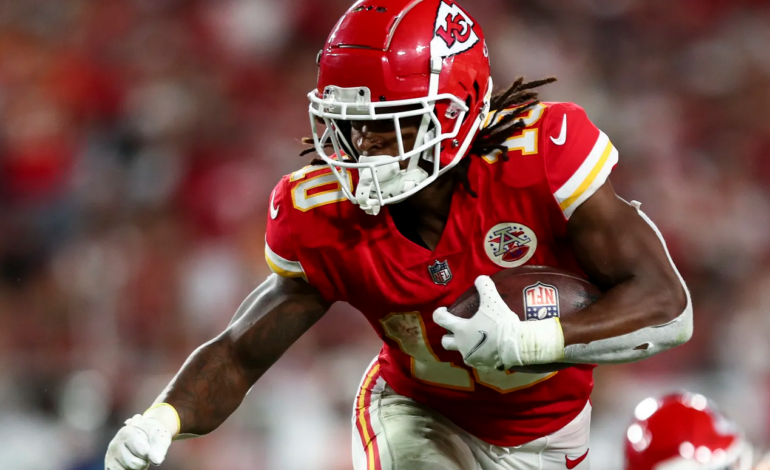It’s no secret that spending is up in a major way in MLB. The 2023 season has seen megadeals and apparent overpays given out like candy. Big and mid-market teams alike threw their weight around with reckless abandon. As we previously discussed, the culmination of this was seemingly Xander Bogaerts‘ ludicrous 11-year, $280 million contract from the Padres. However, Aaron Judge also got a staggering nine-year, $360 million deal to stay in New York. Then Steve Cohen swiped Carlos Correa from the Giants, giving the Mets the largest payroll ever by around $150 million. With prices skyrocketing across the league and owners going on shopping sprees, there’s been a renewed interest in a potential salary cap.
MLB currently operates under a luxury tax system meant to curb spending above a certain amount. While it isn’t a foolproof method to keep teams from going overboard, the punishments are harsh enough to dissuade many teams. The first tier, at $230 million, requires teams to pay an overage of 20 percent of the amount they spent over the tax. Costs get steeper the more teams spend with the highest bracket resulting in an 80 percent overage payment for first-time payors and 90 percent thereafter. With absurd spenders like Cohen, though, those thresholds are becoming mere speedbumps en route to buying a competitive team.
This offseason is pushing the league more toward the reality of a salary cap. There isn’t a need for one, and it comes with its own problems, but anger from spendthrift owners could make it a reality.
The Problem With a Salary Cap
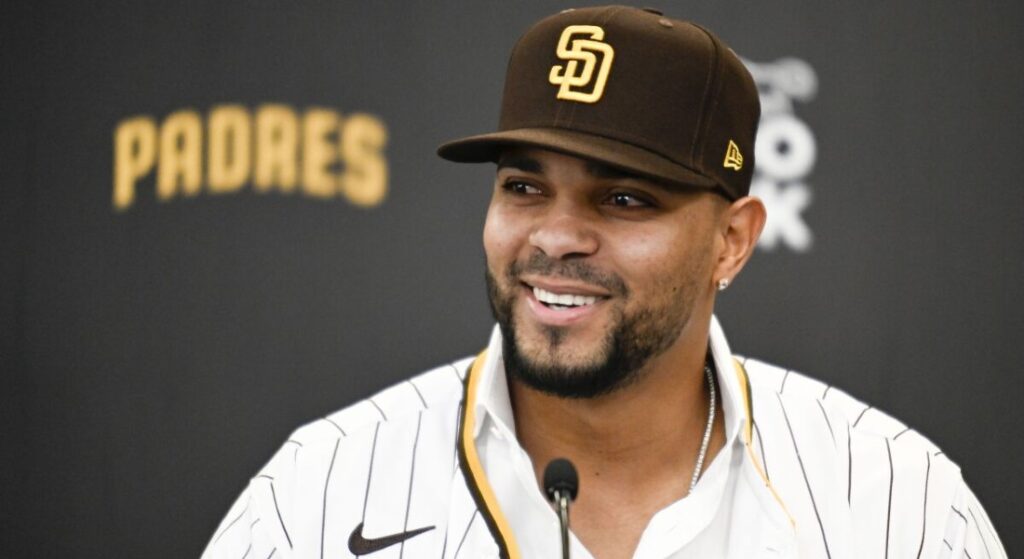
One thing I should make clear – this is not an endorsement of an MLB salary cap, but I get the argument. One look at what owners like Cohen, John Middleton of the Phillies, and Peter Seidler of the Padres have allowed this offseason gives the feeling of a lack of parity. Cohen, in particular, has shaken up what it means to be a team owner. With Correa added on top of Kodai Senga, Brandon Nimmo, Justin Verlander, and existing deals for guys like Francisco Lindor and Max Scherzer, among others, the Mets have an expected payroll of $384 million with an extra $111 million luxury tax overage payment. Seeing one team hoovering up stars with zero regard for penalties seems like solid evidence on paper.
However, one look at the net worth of owners completely crumbles the argument. Let’s look at some of the smallest market franchises. Peter Angelos, the owner of the Baltimore Orioles, who had an estimated payroll of $30.3 million heading into 2022, had a net worth of $2 billion as of February. The Orioles themselves were worth $1.4 billion. How about the spendthrift Rays? Stuart Sternberg has an $800 million net worth, and the team itself has grown to a $1.06 billion valuation. He’s hardly Cohen or even Angelos, but he still could manage a payroll above the $78 million they carried to begin 2022.
Another particular target of fan derision is Bob Castellini of the Reds. Despite claiming a desire to win, the Reds have only two division titles under his ownership. His $400 million net worth and the Reds’ $1.08 billion valuation have only translated to $76.8 million in payroll. Ken Griffey, Jr. was the team’s sixth highest-paid player. These are just a few examples of the incongruence between payroll and owner wealth.
The Fallacies of the Small Market
The reality is even a small market franchise can afford to wade into the waters of free agency to make their teams competitive. The massively multiplying franchise values and incredibly public financials make it easy to name and shame the individuals who don’t try. It’s even harder to justify in 2023. In addition to the wheelbarrows of money MLB teams make, Disney purchased MLB’s shares of BAMTech. That has given an extra $30 million to each team to, in theory, spend on improving their teams.
Worst of all for these billionaires crying poor is Cohen’s spending laying out their lies. It’s hard to argue that baseball isn’t profitable and money isn’t there when one owner makes a mockery of the luxury tax. Yes, Cohen brings in a staggering $16 billion net worth. Yes, he is an owner in a massive market. The fact that he’s spending nearly half a billion means there’s nothing stopping those previously mentioned owners from at least reaching a fifth of that, though. Even small market teams have valuations in the billions.
Privately, these owners are seething, vowing some divine ruination or collusion to punish Cohen. He dared to buck the trend and reveal what owners can REALLY afford if they wanted to try. More than likely, that anger will become a renewed push for a salary cap.
Why a Salary Cap Could Still Happen
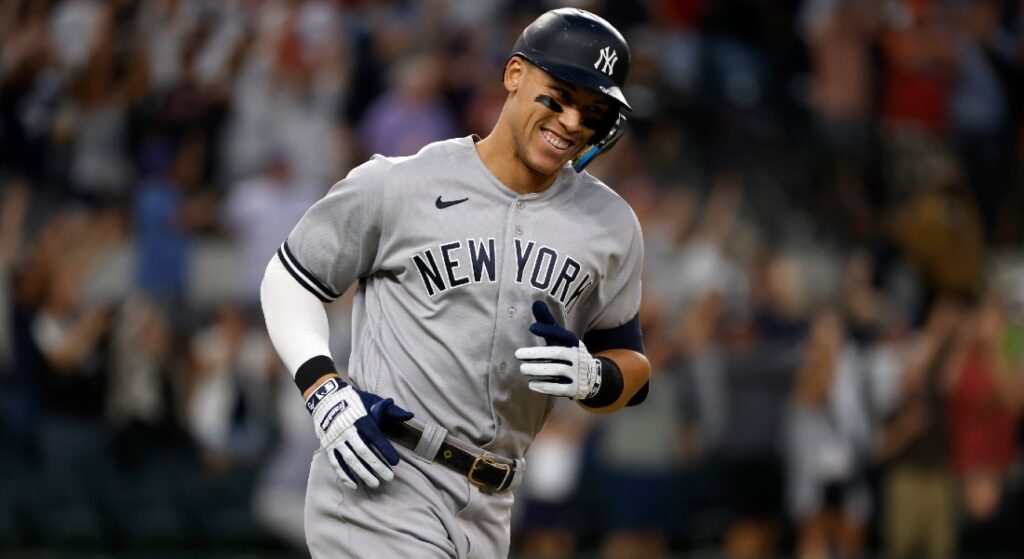
A salary cap likely wouldn’t be on the docket until 2026, when the next round of collective bargaining negotiations comes around. Things can certainly change before then. With what this offseason brought, however, it feels like baseball is creeping ever closer to such a reform. For obvious reasons, players would never agree to something that could push down the costs of their contracts. Cohen and other owners like him are proving teams can afford the rising market values players desire.
The question remains whether enough owners feel frustrated with the Cohens, Middletons, and Seidlers to act on a cap. It seems, unfortunately, that the aberration of Cohen’s absurd spending might be convincing enough to make that happen. This is the same group that, just last year, instituted a lockout in an effort to crush the players’ proposals in CBA negotiations. If a high tax bracket didn’t work, a cap would be the next logical step for this group. It’d likely take another lockout to do so. Their reasons may be the “absurd” actions of Cohen and the rising prices of player contracts. They might even cite other leagues’ implementation of the cap.
The fact is that a cap would solely hurt the players in the end. Salaries would be scaled down and it will still be the owners willing to try that approach the maximum. Billionaire owners that cry poor will still cry poor, but at least the divide won’t be so stark. At least they can act vindicated that spending was “out of control.”
Not Every Owner Is Steve Cohen
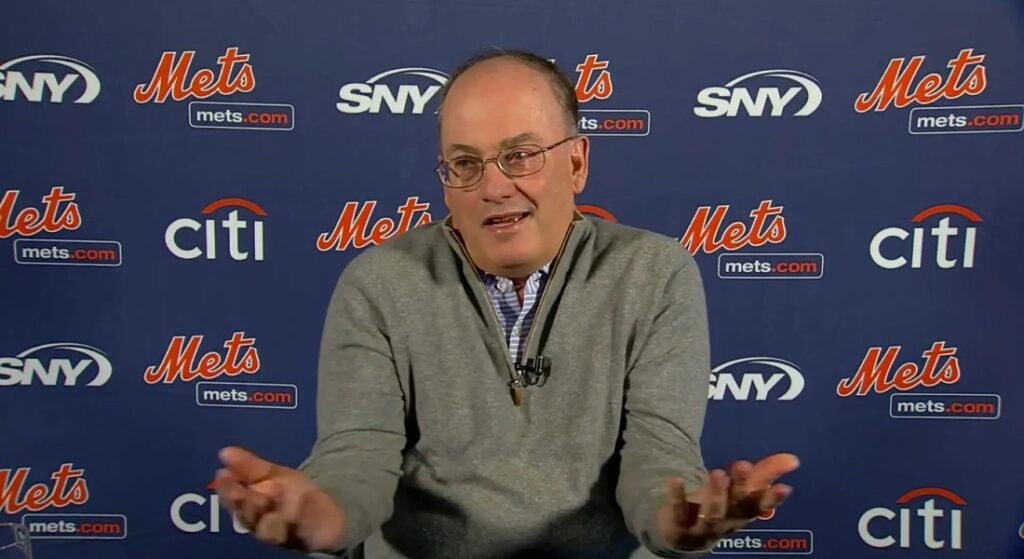
If a salary cap were to be implemented, it wouldn’t address the real problem of the situation. The way you combat a Cohen, or a Middleton isn’t to slap handcuffs on them. As much frustration as it surely draws from small markets to see every superstar land in New York, Philly, California, or Chicago, the owners are at fault. Every owner could be Cohen if they wanted to. At the very least, they could afford to be more aggressive with their cash. Even in a small market, the people at the top have the cash and still make the revenue to improve. These organizations wouldn’t be so much more valuable than when they purchased them if that weren’t true.
The ideal way you address a Cohen is to have other owners like him. Guys like Cohen have blown past the luxury tax in part because other teams have let them. In a perfect world, every owner would be willing to compete in the deeper ends of free agency. Parity could come from competition. Instead, an owner like Cohen, who is willing to use his full financial might to field a good team, will be used as an example of why things are broken. That frustration among owners too stingy to compete could lead us straight to a salary-capped MLB before long. A cap won’t make them spend, though.
This is all one long-winded plea to say don’t deride Cohen for spending. Deride the owners that want to make spending feel wrong.
Thank you for reading! Check out Belly Up’s MLB content for more baseball coverage. If you want to keep up with me, follow me on Twitter.


